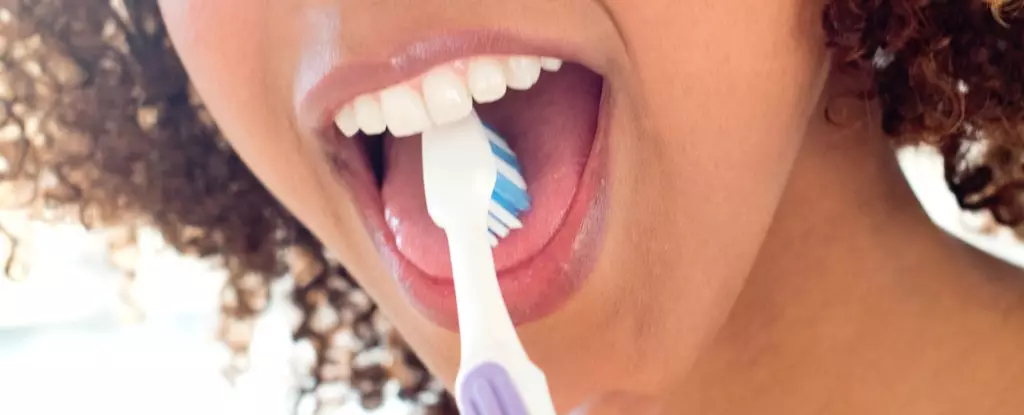Most of us are familiar with the doctor’s routine when we visit for a check-up, which often includes the classic instruction to “stick out your tongue.” While this may seem like a simple and somewhat humorous request, medical professionals use this action as a valuable diagnostic tool. The tongue is not just vital for food intake and verbal communication; it reflects various aspects of one’s health. When a physician examines the tongue, they assess surface changes, movement, and color, which can reveal underlying health issues and immune system functionality.
The tongue’s appearance can give crucial insights into oral health, suggesting potential complications or systemic conditions. Regularly monitoring the condition of your tongue could alert you to health concerns before they necessitate a doctor’s visit. Incorporating tongue cleaning into your daily oral hygiene routine is thus a simple and proactive way to maintain not just oral but overall health.
An intriguing aspect of the tongue is its complex structure. It is not a single muscle but a sophisticated muscular organ comprised of eight pairs of muscles that work synergistically for its comprehensive range of functions. Covering this muscular foundation are small, bumpy structures known as papillae, which contribute to the tongue’s roughness and texture. While many might misidentify these papillae as taste buds, only a tiny fraction—about 2,000 to 8,000 out of the 200,000 to 300,000—actually have the capacity to detect taste.
A healthy tongue typically exhibits a pink hue, although shades may vary among individuals. A minimal amount of white coating can be normal; however, significant discoloration or changes in texture can be indicative of health issues. This reinforces the importance of paying attention to your tongue’s appearance during everyday cleaning routines.
Cleaning your tongue can easily be integrated into your daily routine and takes just a matter of seconds. A healthy oral hygiene practice involves either using a toothbrush or a specialized tongue scraper. Both methods effectively dislodge food particles and mitigate the buildup of bacteria, reducing the risk of bad breath as well as oral infections. A cleaner tongue is not only more aesthetically pleasing but also beneficial for your oral health, enabling you to maintain fresh breath and overall wellness.
Neglecting tongue cleaning can lead to a variety of long-term health issues, including chronic infections that may spread to other parts of the body. Thus, observing the state of your tongue provides a unique opportunity to catch early signs of potential health concerns.
As you take a moment to check your tongue daily, it’s essential to recognize signs of abnormalities that may require further medical evaluation. One common observation is a white coating, often caused by food residue that accumulates when hygiene practices are overlooked. This buildup can lead to the formation of plaque, causing potential oral health complications.
Conversely, the development of a distinctly ‘hairy’ appearance, usually referred to as “black hairy tongue,” may arise from poor oral hygiene combined with the consumption of certain foods. This condition highlights the critical need for maintaining rigorous oral practices to prevent bacterial overgrowth.
A more concerning development could be oral thrush, a fungal infection creating a painful, raw surface on the tongue, particularly prevalent in individuals with compromised immune systems or certain medical conditions. If you discover persistent white or red patches that do not easily scrape off, or if you experience sores that are long-lasting or painful, it’s crucial to consult a dental professional promptly.
In sum, regular tongue assessment can become a straightforward yet effective component of your health monitoring strategy. By recognizing the normal and abnormal signs your tongue may exhibit, you can take proactive measures to preserve your overall wellness and consult with your healthcare provider when necessary.
Regular attention to the state of your tongue is more than just an innocuous habit; it’s a reflection of your overall health and a key to safeguarding against disease. Maintaining clean and healthy oral hygiene practices—complete with dedicated tongue care—can pave the way to improved health outcomes and a better quality of life. Make your tongue’s health a priority, and it will serve you well in return.


Leave a Reply